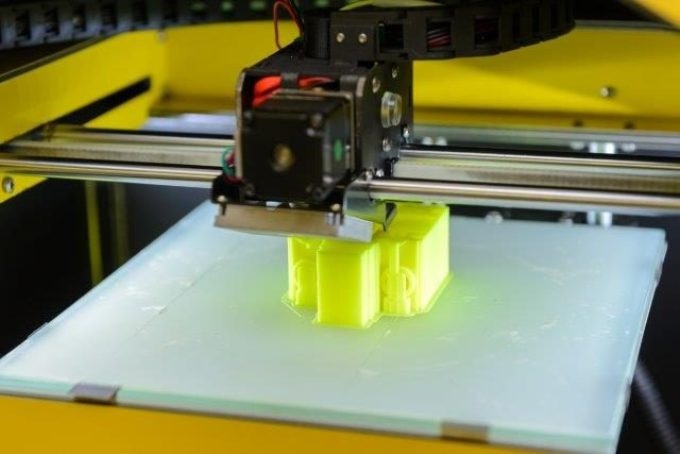May 3 2018
NASA’s upcoming spacecraft, robots that can construct homes, and marathoners’ running shoes are all composed of 3D printed parts.
 3D printed plastics are tougher with a modification of the starting materials. (Image credit: Natalia_Arefieva/Shutterstock.com)
3D printed plastics are tougher with a modification of the starting materials. (Image credit: Natalia_Arefieva/Shutterstock.com)
But as the passion for 3D printing keeps on growing and expanding across markets, the objects printed by the method can have faults. Currently, one research team reports in ACS Applied Materials & Interfaces that applying a simple alteration to the manufacture of the starting materials enhances the toughness of these printable plastics.
As the 3D printing not only grows but also becomes more reasonably-priced commercially, it is finding applications in numerous different areas. But this versatility is restricted by the durability and strength of the printed parts. A majority of these objects are printed in layers, which essentially results in weak spots where the layers touch. Therefore, 3D printed objects are not as robust as those produced with current techniques in which plastics are injected into molds. To form stronger 3D printed parts, Miko Cakmak, Bryan D. Vogt and colleagues were keen to explore if the starting materials could be altered to self-reinforce the printed parts.
The researchers created a structured, core-shell polymer filament in which a polycarbonate core serves as a rigid skeleton to support and reinforce the 3D printed shape. An olefin ionomer shell around the polycarbonate core enhances and reinforces the connection between the printed layers. During testing, it was seen that the printed parts with the filaments could endure impacts without cracking, in contrast to the parts made without them. The new filaments take 3D printed parts closer to the strength of parts produced by existing approaches.
The authors received financial assistance from the University of Akron.